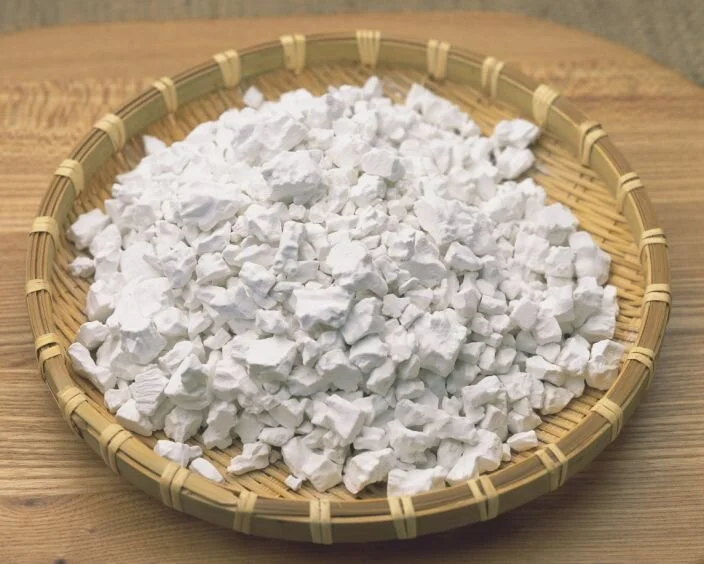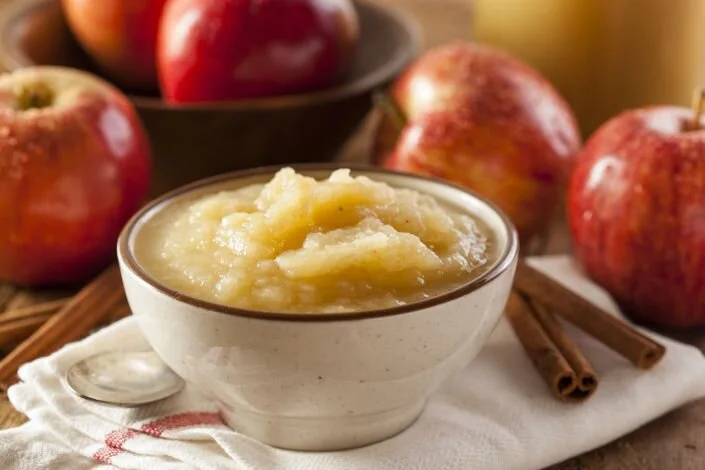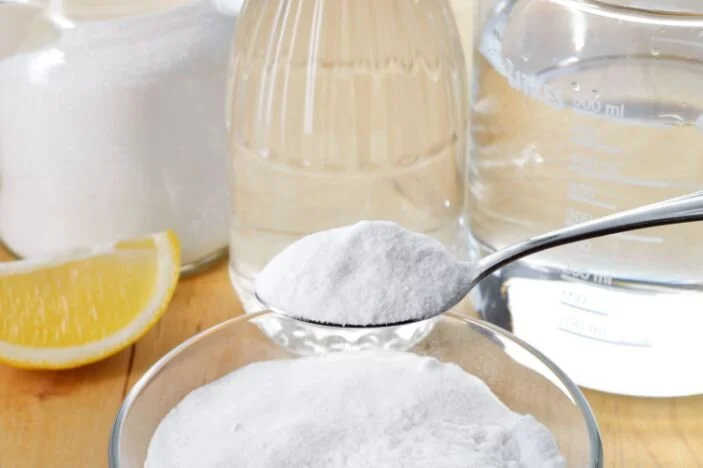Help?!! I’ve Run Out of Eggs!
Out of eggs?
Here are 9 common ingredients that can be used as simple baking swaps.
by Kate Mendonca
Shopping Editor
Yahoo Canada Style
Published on April 7, 2020
Getty Images.
With all the free time facing many of us who are spending our days indoors, baking has become a popular hobby once again. Whether it’s a loaf of homemade sourdough bread or a decadent dessert, it’s a fun and delicious pastime that the whole family can enjoy.
You’ve likely already stocked up on the essential ingredients, but what happens when you fall short of what your recipe calls for? Experienced bakers will tell you that there are plenty of swaps that you can use to make the most out of what’s in the kitchen, but it’s not always as straightforward as a one-to-one switch.
Getty Images.
If you’re looking to whip up some delicious baked goods but have run out of eggs, luckily there are some simple ingredients that you likely already have on hand as a substitute.
Read on to find eight of the best options for your next eggless treats.
Ground Flax Seed
Getty Images.
Conversion: 1 egg = 1 tablespoon ground flax seeds + 3 tablespoons of water
A staple in vegan cooking, ground flax seed is an egg replacement that can be used to bring your recipes together. When mixed with water, ground flax seeds take on a sticky consistency that’s similar to uncooked eggs, but does lend a slightly heavier texture and earthy flavour to baked goods once they’re cooked.
Chia Seeds
Getty Images.
Conversion: 1 egg = 1 tablespoon chia seeds (ground or whole) + 3 tablespoons of water
Similar to ground flax seeds, when soaked in water chia seeds take on a gelatinous consistency that’s close to raw eggs. If you do use whole chia seeds in your recipe though, note that they add a crunchy texture to baked goods once cooked that’s similar to whole poppy seeds.
Aquafaba
Getty Images.
Conversion: 1 egg = 3 tablespoons aquafaba, 1 egg white = 2 tablespoons aquafaba
Better known as the liquid from canned chickpeas, aquafaba is a popular egg substitute because of its composition of plant-based carbohydrates and proteins that mimics eggs. Though not a perfect solution for all baked goods, it is an ideal swap if your recipe requires whipping your eggs into stiff peaks, like in a meringue.
Arrowroot Powder
Getty Images.
Conversion: 1 egg = 2 tablespoons arrowroot powder + 3 tablespoons water
As an egg replacement used when baking, arrowroot powder is mixed with water to create a slurry. Made from the South American tuber, it’s a good binding agent due to the starches found in the powder, but it doesn’t provide the same leavening that cooked eggs do in a recipe. If used, you can expect denser baked goods than normal.
Mashed Bananas
Getty Images.
Conversion: 1 egg = ¼ cup mashed banana
If you don’t mind the obvious banana flavour that comes with this method, bananas can provide just enough moisture for most baked goods. They can sometimes add a slightly gummy texture and dense though, since again, they don’t add any leavening to your recipes.
Applesauce
Getty Images.
Conversion: 1 egg = ¼ cup applesauce
Long used as an egg alternative that’s lower in fat and cholesterol, applesauce is another easy switch for most dessert recipes. If you’re looking for a crispy exterior, note that adding applesauce does make for a chewy and more moist treat than using eggs, while also adding a hint of apple flavour.
Water, Oil and Baking Powder
Getty Images.
Conversion: 1 egg = 2 tablespoons water + 2 teaspoons baking powder + 1 teaspoon vegetable oil
Get the fat and moisture of eggs, plus the fluffy texture that they bring to recipes with this mixture of water, oil and baking powder. It adds just enough lift and an airy texture to baked goods, and the best part is there’s no need to go out and buy any special ingredients.
Carbonated Water
Getty Images.
Conversion: 1 egg = ¼ cup carbonated water
This surprising ingredient is an easy way to add a fluffy texture to cakes, muffins and quick breads. Just be sure that when you add the carbonated water that you don’t over mix your batter, or else the bubbles necessary for baking will lose their potency.
Mayonnaise
Erica/The Pioneer Woman
Conversion:1 egg = 3 tablespoons of mayonnaise
If you are out of eggs and need a substitute for a baking recipe, you can use mayonnaise. Egg adds structure and stability to the final product and mayonnaise doesn't do the job quite as well. But the oil in mayonnaise helps moisten the recipe and acts as an adequate substitute for the liquid an egg would have added. Use real mayonnaise for the best effect. This substitution works only for baking recipes, not recipes that use eggs for other purposes, such as thickening custards, adding gloss to pastries or scrambling as a main dish.
Mix the mayonnaise in with the wet ingredients thoroughly before combining wet and dry ingredients. Complete the recipe as usual.
Check the final product once it's done. If the recipe is too wet or greasy, reduce the substitution amount to 2 or 2 1/2 tablespoons of mayonnaise per egg next time you use the recipe.
Here is a recipe for you to make your own mayonnaise at home.
Happy Baking!
Hello Friends!
All photographs and content, excepted where noted, are copyright protected. Please do not use these photos without prior written permission. If you wish to republish this photograph and all other contents, then we kindly ask that you link back to this site. We are eternally grateful and we appreciate your support of this blog.











